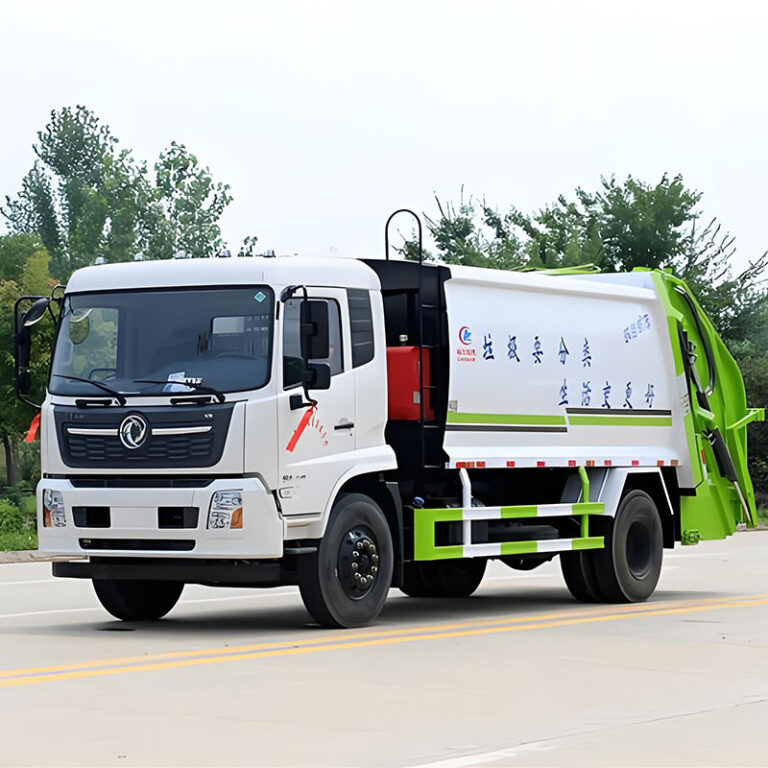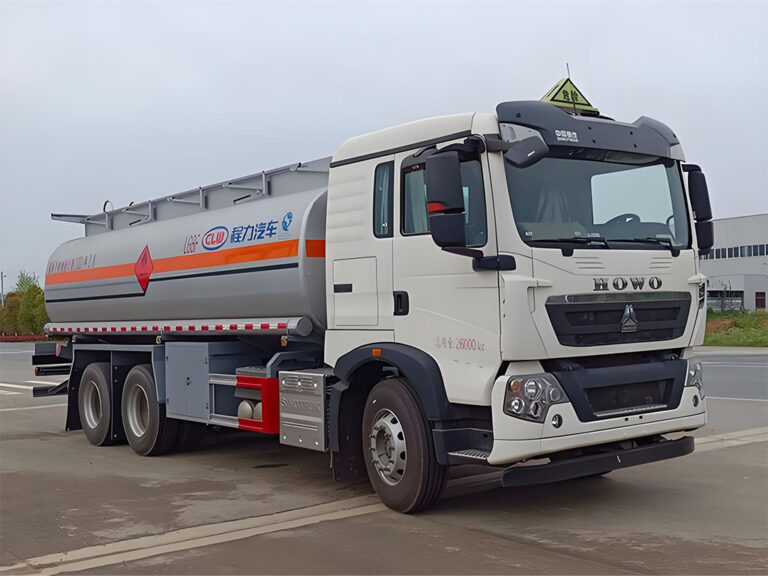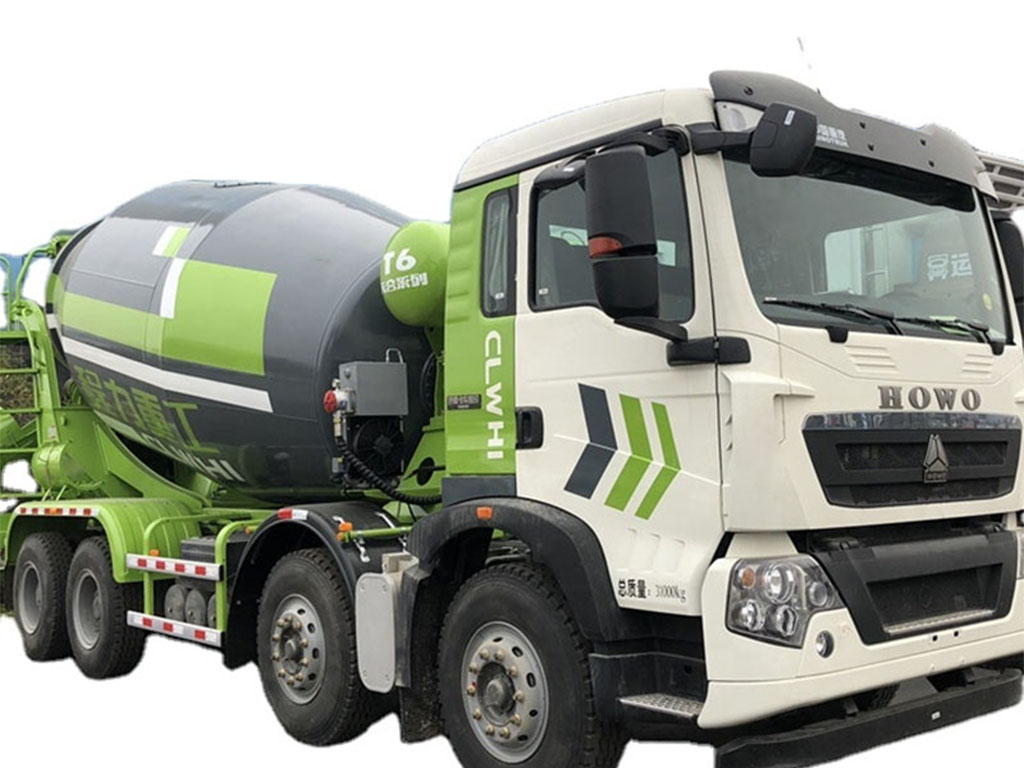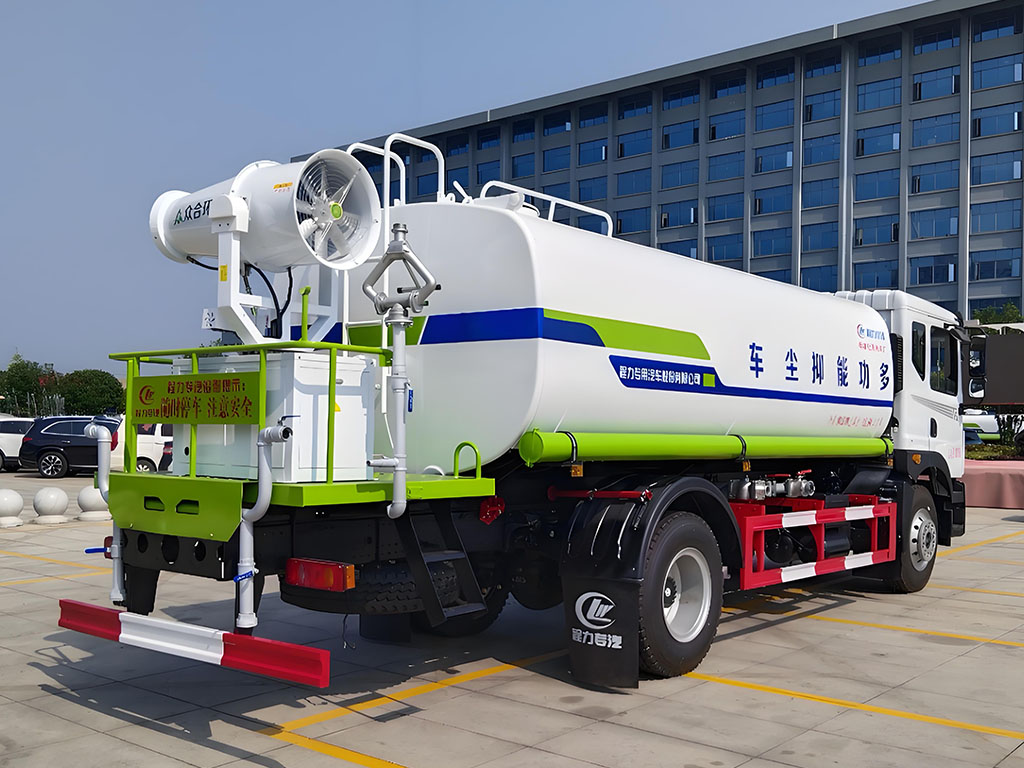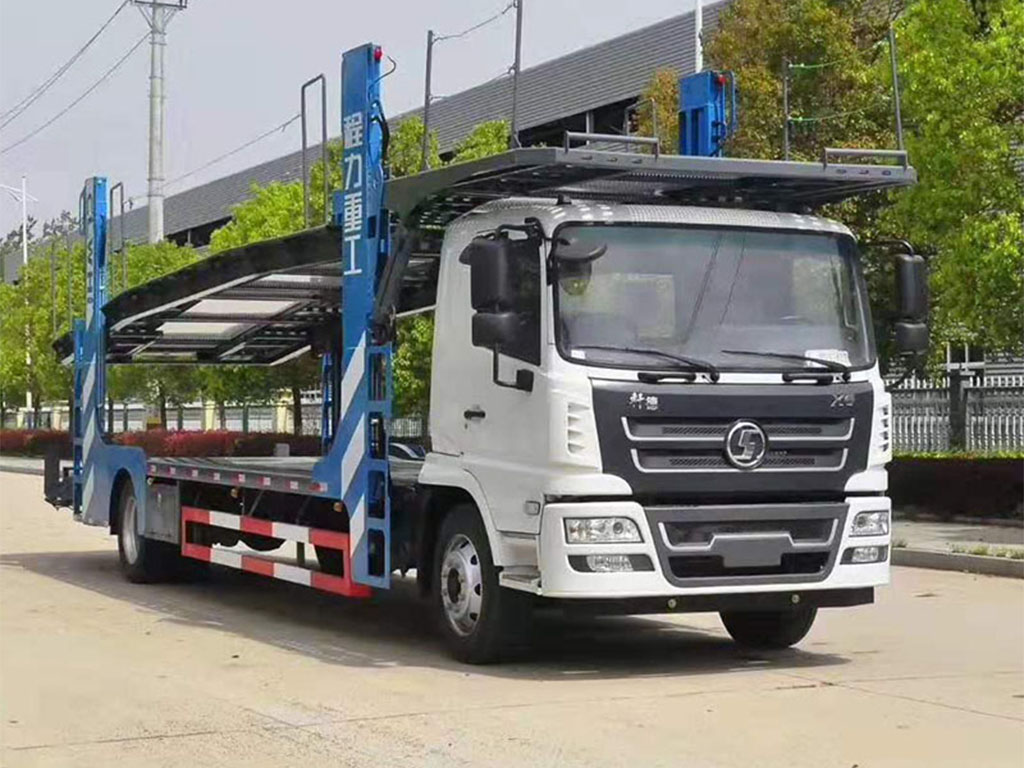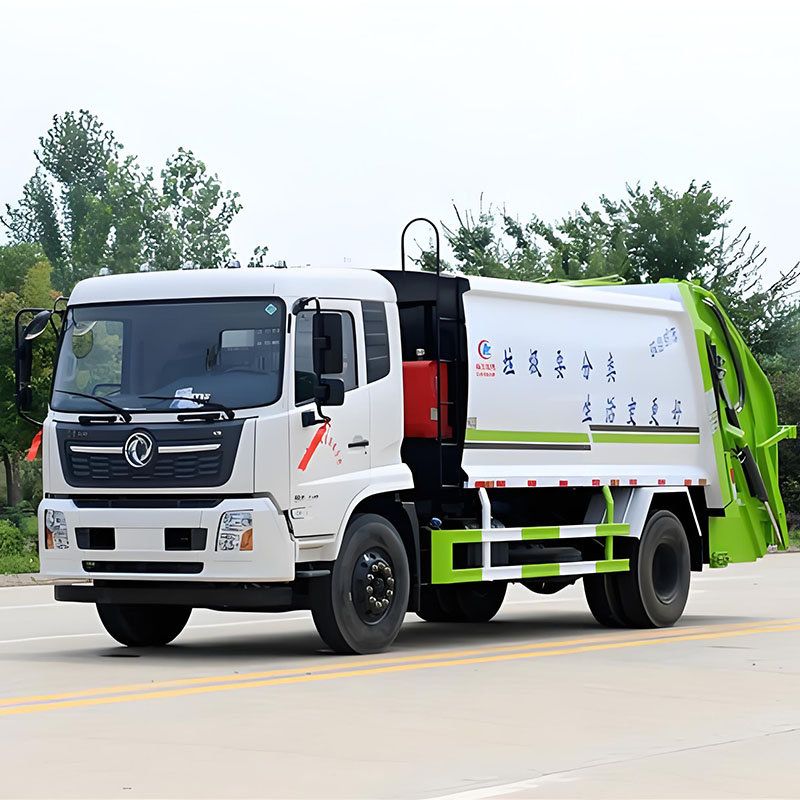-
Parque Industrial Automotriz de Chengli, Suizhou, Hubei, China
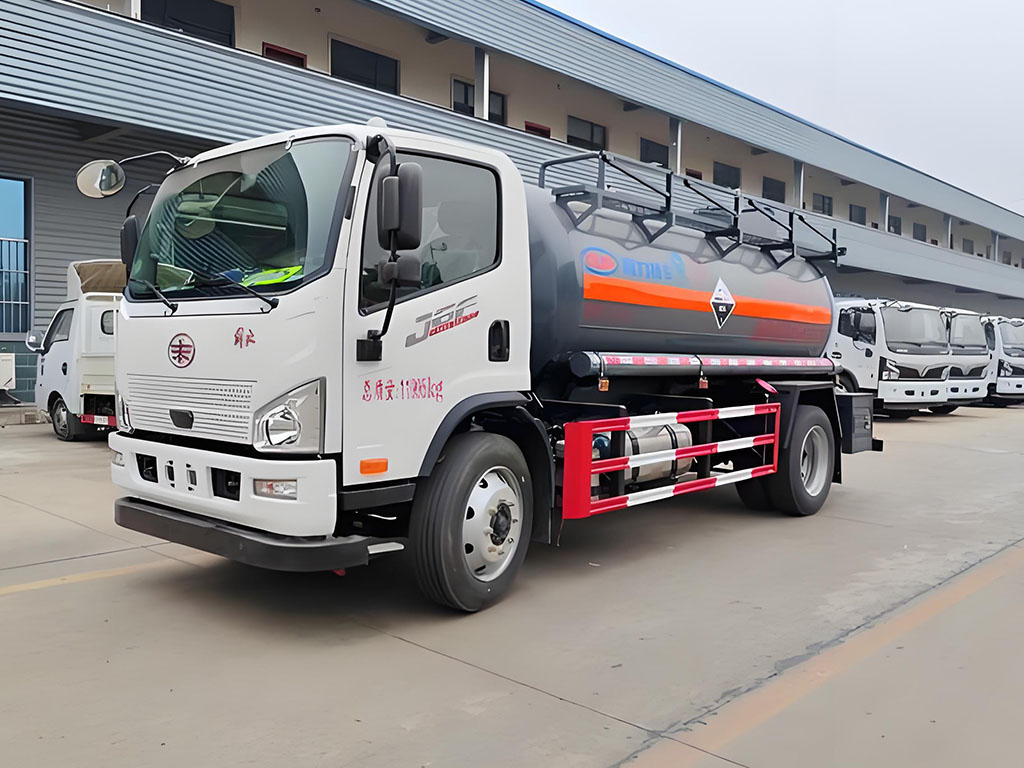
How to Choose the Right Tanker Capacity for Airport Needs: A Simple Guide
Airports are busy places. Planes take off and land all the time. Planes need fuel, water, and other fluids to work well. Picking the right tanker helps airports run smooth. If the tanker is too small, planes must wait. If it is too big, it wastes money. Let’s learn how to choose the best tanker for your airport’s needs!
Why Tanker Capacity Matters
Turnarounds must be fast. Refueling trucks, water tankers, and firefighting foam tankers all need the right size. Get it wrong, and you have slowdowns, spills, or safety issues. Airports have to think about many factors:
- How many planes do you serve?
- What types of planes are at your airport?
- Do you fuel big jets or small planes?
- Do you need de-icing in cold weather?
With so much happening at airports, you want tankers that are just right.
Know Your Needs
Different airports need different tankers. Here are the steps you need to take:
Look at Your Planes
- Do you mostly see wide-body jets or small planes?
- Large jets like the Boeing 777 need up to 52,000 gallons of fuel!
- Small planes need much less.
See this table:
| Plane Type | Fuel Needed (Gallons) |
|---|---|
| Small Jet | 6,900 |
| Big Jet (B777) | 26,000–52,000 |
Think About Frequency
- Some airports have lots of flights every hour.
- Some only have a few each day.
- More flights means you need bigger or more tankers.
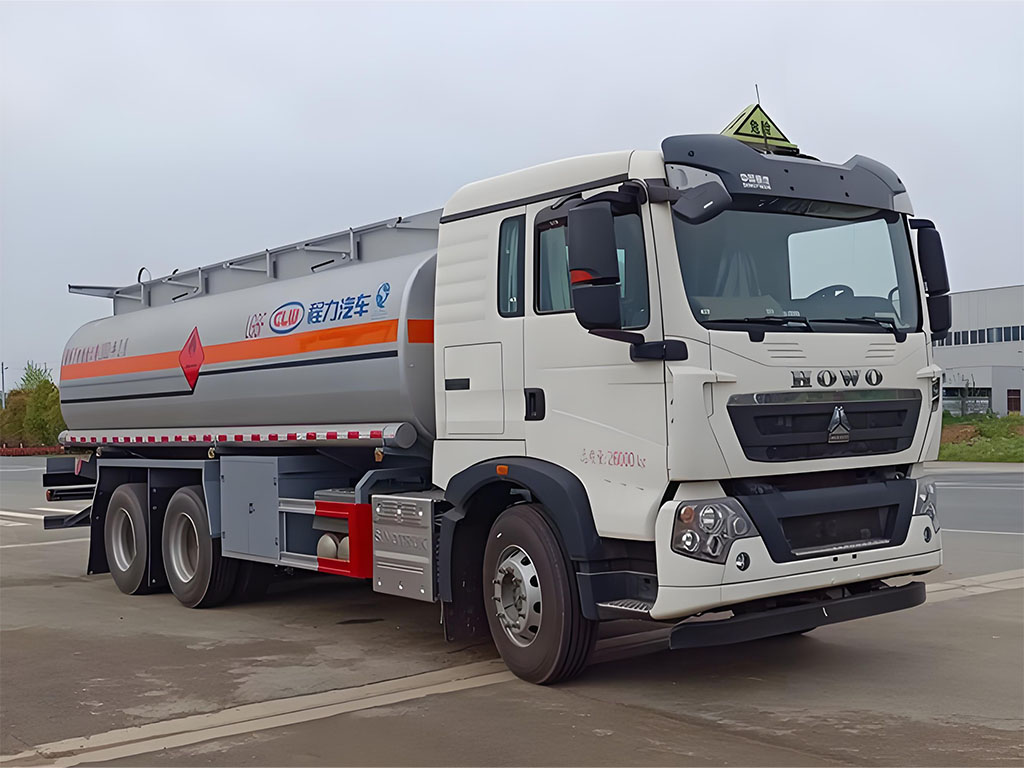
Other Fluid Needs
You will also handle:
- De-icing Fluid
- Potable Water
- Firefighting Foam
- Aircraft Lavatory Waste
Stay prepared. Trucks must carry enough de-icing fluid on snowy days. Firefighting foam tankers must meet safety standards. Water and lavatory servicing also need just the right size.
What Affects Tanker Size?
Multiple things change what size you need. Let’s break it down.
1. Tanker Type
- Fuel Tankers are for jet fuel and avgas.
- Water Tankers deliver clean water.
- Multi-purpose Tankers do more than one job.
See the water tank truck options from CLW GROUP for flexible choices.
2. Fluid Type and Volume
- Jet A Fuel is common for big planes.
- Avgas is mostly for smaller planes.
- De-icing and Glycol Fluid come into play in cold places.
- Density matters: Fuel and foam weigh more than water for the same size.
3. Airport Layout
- If refueling points are far apart, you might need larger tankers.
- Busy airports should have quick, easy-to-move trucks.
- Think about hydrant systems vs. tanker-only fueling.
4. Operational Efficiency
- Bigger tankers mean fewer trips.
- But, too big means tough to maneuver and higher costs.
- Think about minimizing downtime and keeping refueling fast.
5. Budget and Growth
- Large fuel tankers can cost up to $500,000.
- Medium ones are about $100,000 to $200,000.
- Don’t just buy for today. Plan for more flights in the future.
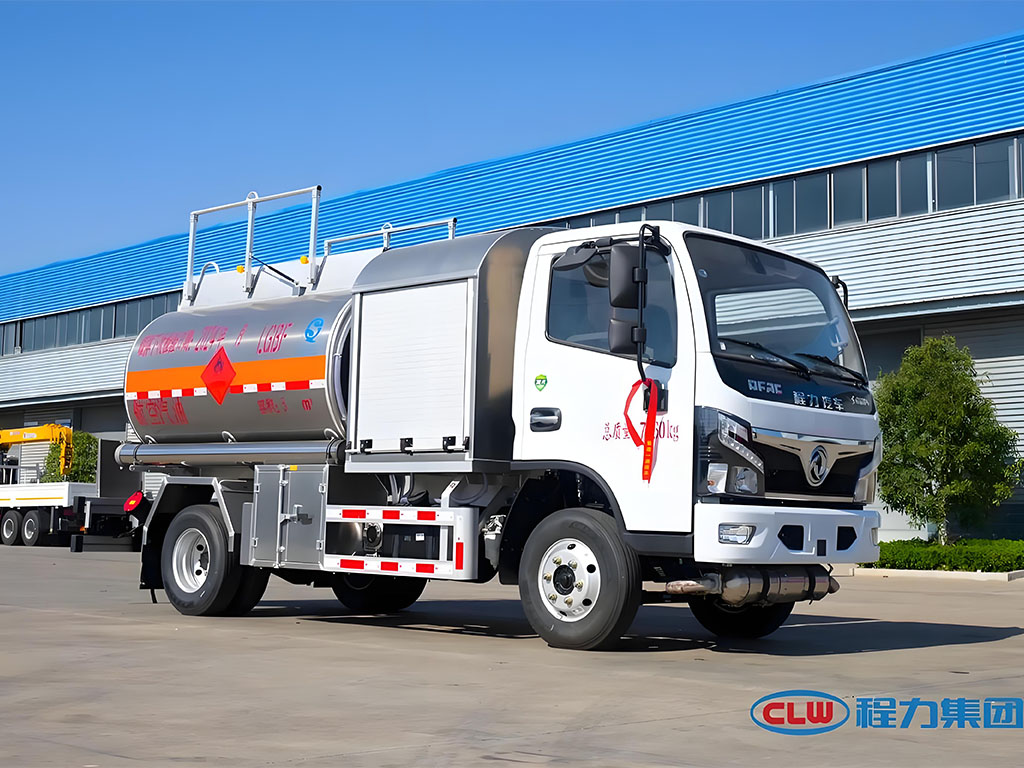
How to Calculate the Right Tanker Capacity
Hagámoslo simple:
- Contar las necesidades promedio
Calcule cuánto combustible o agua necesita cada avión. - Contar vuelos por día
Suma la cantidad de aviones que ves cada día. - Verificar el tiempo de respuesta
Cuanto más rápido quieras recargar, mayor será el tanque que necesitarás. - Agregar búfer de emergencia
Tenga siempre algo extra para días ocupados o emergencias.
Tabla: Ejemplo de cálculo
| Area | ¿Cuánto se necesita? |
|---|---|
| Combustible | Aviones por hora × Litros por avión × Horas entre recargas |
| De-icing Fluid | Uso histórico en días de nieve × Margen de seguridad |
| Water | Uso promedio de agua por avión × Número de aviones atendidos |
| Firefighting | Capacidad mínima establecida por las normas de seguridad |
Rules and Safety
- Los buques cisterna deben cumplir con los estándares de la autoridad de aviación (como FAA, AESA).
- La prevención de derrames, el almacenamiento seguro de combustible y una capacitación estricta de los operadores son fundamentales.
- Los sistemas de emergencia, como las válvulas de cierre, previenen el peligro.
- Debes obedecer environmental regulations Para el manejo de fluidos.
Real Airport Examples
Ver opciones reales ayuda. Veamos dos aeropuertos:
1. Aeropuerto de la gran ciudad
- Muchos aviones grandes, de fuselaje ancho y pequeños.
- Uses 30.000-50.000 litros Camiones cisterna de combustible de CLW GROUP para dar servicio a puestos remotos.
- Cisternas más pequeñas para saltos cortos.
- Cuenta con un sistema de hidrantes y una flota flexible de camiones cisterna para deshielo y agua.
2. Aeropuerto regional
- Principalmente aviones pequeños y turbohélices con 40 vuelos al día.
- Utiliza algunos 10.000-15.000 litros camiones cisterna que manejan combustible, agua y desechos sanitarios.
- Se mantiene flexible para horarios pico y valle.
- Utiliza camiones cisterna para trabajos donde no llega el sistema de hidrantes.
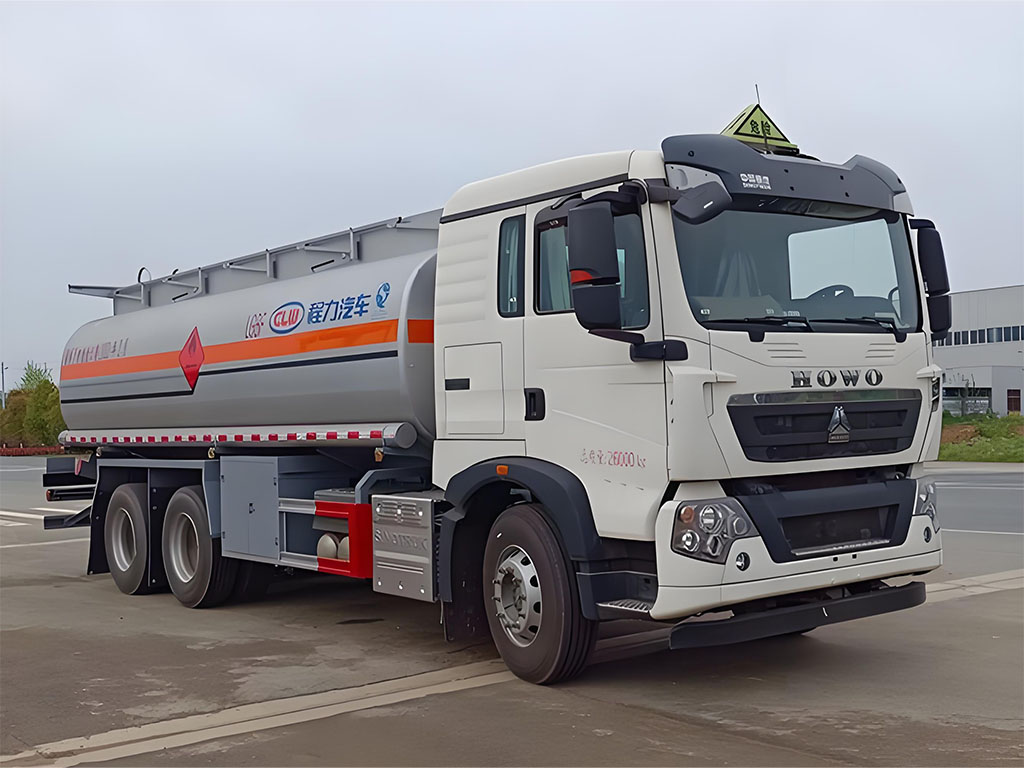
Choosing the Best
¿Listo para elegir? Sigue estos sencillos pasos:
1. Estrategia de flota
- Mezcla grandes petroleros con algunas unidades pequeñas y especializadas.
- Camiones de servicio personalizados de CLW GROUP satisfacer muchas necesidades a la vez.
- A veces puedes compartir recursos con otros aeropuertos.
2. Elija un buen proveedor
- Elija una empresa con una sólida trayectoria.
- CLW GROUP es un fabricante de automóviles profesional que ofrece customized production, entrega de vehículos, soporte posventa, y servicios de consultoría técnica.
- Todos los camiones están construidos según altos estándares de seguridad y medioambientales.
3. Verificar especificaciones
- Busque información detallada sobre capacidad, tamaño y características.
- Haz que te fabriquen tanques para tus fluidos: combustible para aviones, líquido antihielo, agua, espuma o residuos.
4. Plan para más adelante
- Es necesario revisar las necesidades cada año.
- A medida que su aeropuerto crezca, cambie o agregue aviones cisterna.
See How We Can Help
CLW GROUP fabrica todo tipo de camiones cisterna: para combustible, deshielo, agua, espuma y más. Adaptamos los vehículos a las necesidades de su aeropuerto, ya sean grandes o pequeñas. Ofrecemos:
- Producción personalizada para cada trabajo
- Entrega rápida de vehículos
- Ayuda posventa experta
- Consultoría técnica clara
¿Tiene necesidades especiales? Podemos atenderlas, ya sea que necesite camiones cisterna para combustible, extinción de incendios, gestión de residuos, o plataformas de aluminio para camiones.
Recap: What to Remember
- Consulta tu tipo de aeropuerto y el tráfico
- Suma todos los fluidos que necesitan tus aviones
- Equilibrar costos con eficiencia
- Cumplir con todas las normas de seguridad y medio ambiente.
- Trabaje con expertos como CLW GROUP para conseguir los mejores camiones cisterna
El avión cisterna adecuado para el aeropuerto ahorra dinero, reduce retrasos y mejora la seguridad. Las necesidades cambian a medida que creces, así que revisa constantemente y mantén la flexibilidad.
Referencias
- fábrica de camiones especiales
- camión cisterna de agua
- plataforma de camión de aluminio
- Especificaciones del fabricante de aeronaves: Boeing, Airbus
- Regulaciones de las autoridades de aviación: FAA, EASA, IATA
- Manuales de operaciones aeroportuarias y guías de planificación de emergencias
¿Necesita ayuda? ¡Deje que CLW GROUP haga que su flota de servicios aeroportuarios sea más inteligente, segura y rentable!



